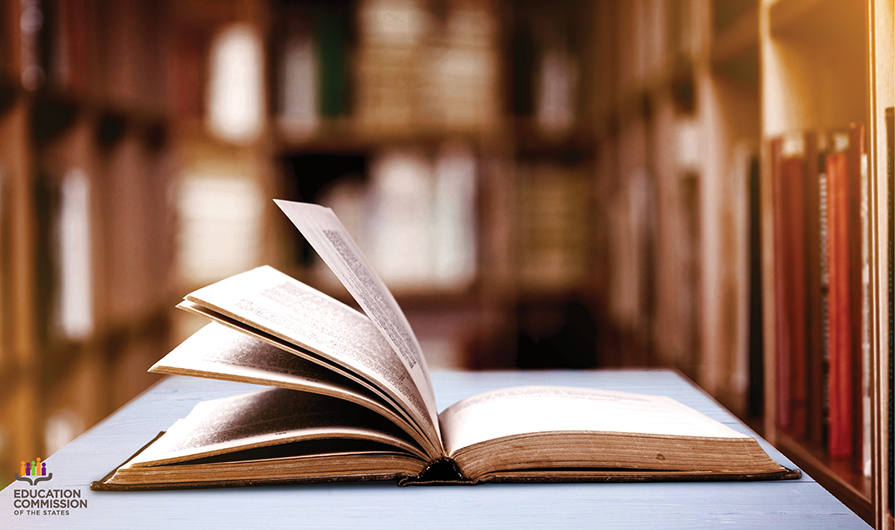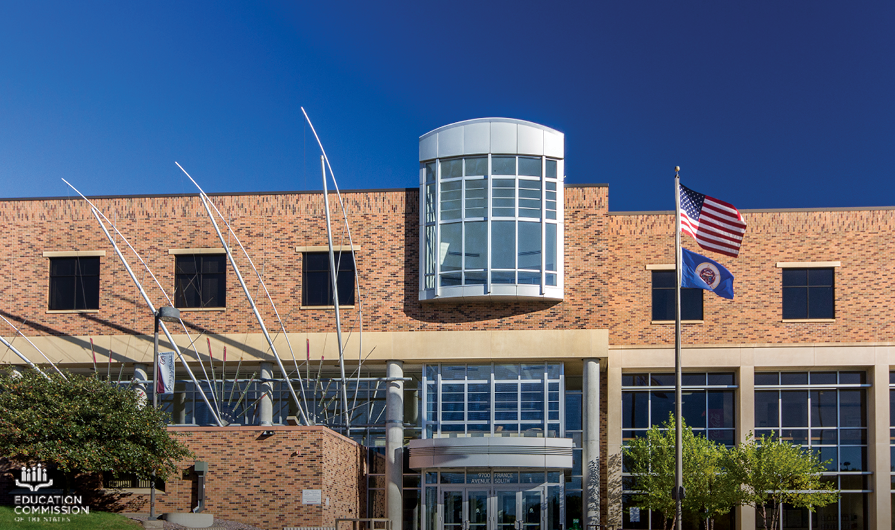Educational research shows that, of the school-based factors impacting student achievement, teachers have the greatest level of influence. While all states require teachers to meet minimum qualifications before entering the classroom, there is less agreement around what training and qualifications best prepare teachers for the demands of the job.
As a result, states have established different standards and priorities for teacher licensure, including varying criteria for transferring a license across state lines. To better understand the current policy landscape around teacher licenses, we recently released an update to our 50-State Comparison on Teacher License Reciprocity.
When crafting licensure requirements, policymakers balance the need to ensure that quality teachers are equipped for success in local classrooms with the need to ensure there are enough teachers to fill staffing vacancies. Policymakers also want to ensure that licensure barriers do not unintentionally restrict quality candidates from entering the states’ workforce through fees or other requirements that candidates find too burdensome.
Currently, only eight states offer full reciprocity by statute for out-of-state teachers, an increase of two states since we first researched the topic in 2017. We define “full reciprocity” as a policy that allows out-of-state teachers, regardless of experience, to be immediately eligible to receive a standard teaching license with few or no additional requirements. In Illinois, recent legislative action resulted in the shift to full reciprocity for out-of-state teachers. The state passed H.B. 5627 in 2018, which allows out-of-state applicants with a bachelor’s degree and a valid license from another state to receive a full license in Illinois. In Oklahoma, the state department of education removed the requirement for out-of-state candidates to teach under a one-year provisional license, so now out-of-state teachers can immediately receive full licensure.
The vast majority of states require additional assessments, coursework, evidence of experience and/or evidence of effectiveness in order for an out-of-state teacher to obtain a license. Thirty-one states require some or all out-of-state candidates to take additional coursework for full licensure, and 43 states and the District of Columbia require at least some candidates to take additional assessments. The substance of these requirements ranges widely — from a required course in South Dakota Indian Studies to teach in South Dakota to required coursework in reading and phonics for some candidates seeking a license in Ohio.
Since 2017, we observed the most policy change around states’ approaches to licensure reciprocity for military spouses — a population with higher than average mobility. Thirty-eight states now offer special reciprocity or support for military spouses. Only 28 states offered such special reciprocity as of 2017. We’ll explore this — and more on license reciprocity — in the upcoming posts in this series. Stay tuned in the next few weeks, and be sure to see our updated state profiles for more on states’ specific requirements.



















